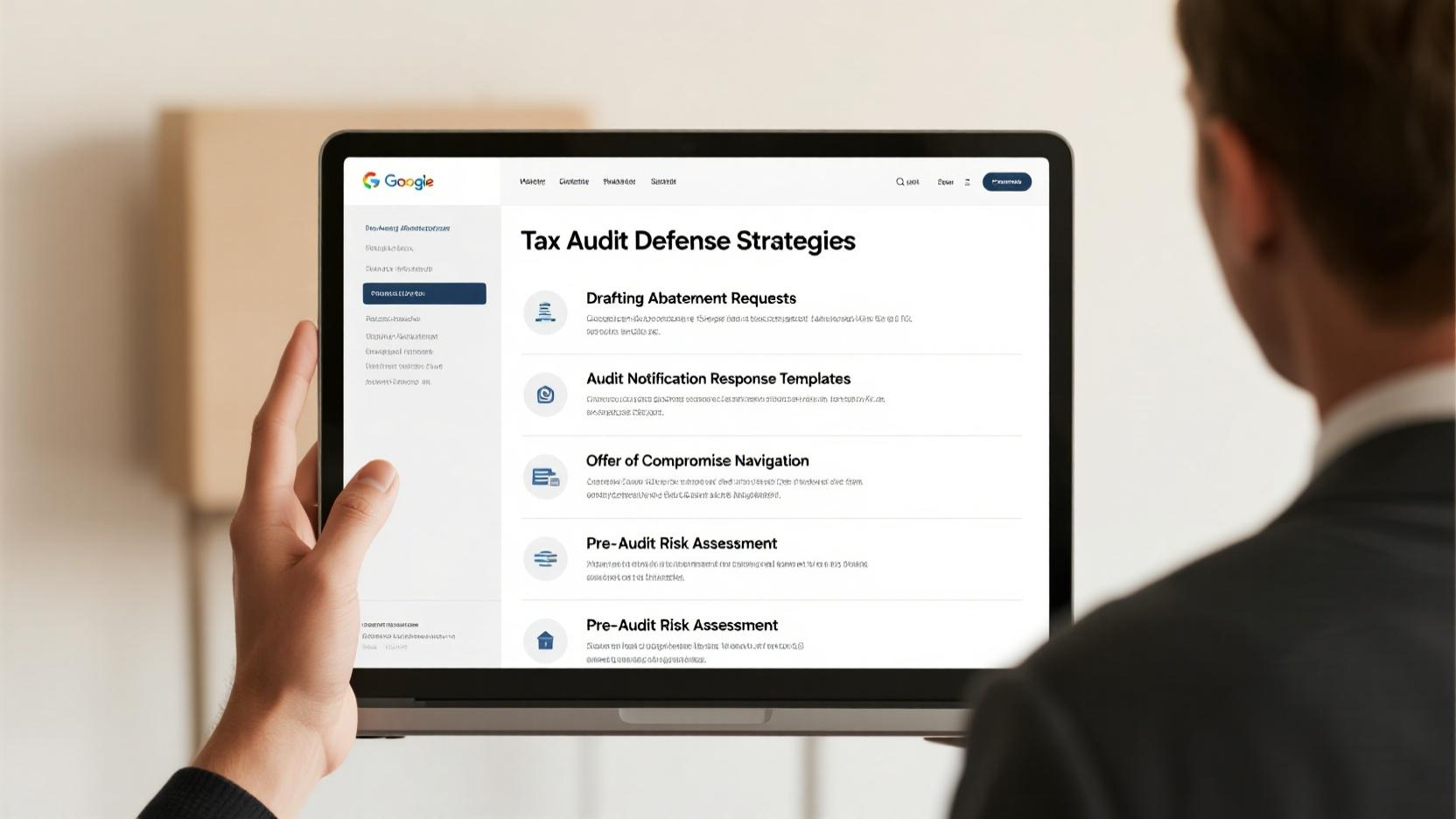Image Source: pexels
Business contracts form the backbone of professional relationships. When a breach occurs, it disrupts trust and financial stability. I believe understanding how to deal with business contract breaches: legal remedies and case studies is essential for safeguarding your interests. Legal remedies and proactive measures empower businesses to address violations effectively and minimize potential risks.
Key Takeaways
- Learn about contract breaches: small, serious, expected, and real. This helps you act correctly.
- Keep proof of any contract problem. This helps your case in arguments.
- Write clear contracts with detailed rules. This avoids confusion and makes them easier to follow.
Understanding Business Contract Breaches
Defining a Breach of Contract
A breach of contract happens when one party fails to meet their obligations as outlined in a legally binding agreement. This failure can occur without any lawful justification, potentially leading to legal disputes. Breaches range from minor issues, like delayed payments, to significant violations, such as failing to deliver critical goods or services. The nature of the breach often determines the legal remedies available. For example, a minor breach might only result in compensatory damages, while a material breach could lead to contract termination or performance orders.
Types of Breaches: Minor, Material, Anticipatory, and Actual
Understanding the types of breaches helps in determining the appropriate response:
- Minor Breach: This involves small deviations that don’t undermine the contract’s purpose. For instance, a vendor delivering products a day late might qualify as a minor breach.
- Material Breach: A significant failure that affects the contract’s value. For example, a contractor failing to install a key component in a project could be considered material.
- Anticipatory Breach: Occurs when one party signals they won’t fulfill their obligations before the due date. This allows the other party to take immediate action.
- Actual Breach: Happens when a party outright fails to perform their duties on the agreed date, enabling the non-breaching party to seek remedies immediately.
Common Causes of Breaches in Business Contracts
Several factors contribute to contract breaches in business settings:

- Miscommunication: Poorly defined terms or unclear expectations often lead to misunderstandings.
- Financial Constraints: A party may lack the resources to fulfill their obligations.
- Unforeseen Circumstances: Events like natural disasters or supply chain disruptions can prevent performance.
- Negligence: Carelessness or lack of attention to contractual details can result in non-compliance.
By identifying the type and cause of a breach, businesses can better navigate how to deal with business contract breaches: legal remedies and case studies, ensuring they protect their interests effectively.
Legal Remedies for Business Contract Breaches
Image Source: pexels
Compensatory Damages and Their Role
Compensatory damages serve as the most common remedy for contract breaches. They aim to restore the injured party to the position they would have been in if the breach had not occurred. I’ve seen this remedy applied in various scenarios, and it often involves proving the extent of the loss.
To claim compensatory damages, the injured party must meet specific legal principles:
- The economic loss rule ensures that damages are tied to actual financial harm, not speculative losses.
- A preponderance of the evidence is required, meaning the injured party must provide sufficient documentation or witness testimony to support their claim.
- The collateral source rule prevents any unrelated benefits received by the injured party from reducing the breaching party’s liability.
These principles highlight the importance of thorough record-keeping and clear communication in business contracts.
Specific Performance as a Remedy
Specific performance compels the breaching party to fulfill their contractual obligations. This remedy is particularly useful when monetary compensation cannot adequately address the harm caused. For example, in cases involving unique goods or real estate, courts often favor specific performance.
In the case of 301 E. 60th St. LLC v Competitive Solutions LLC, the court granted specific performance because the contract explicitly allowed the plaintiff to seek equitable relief. This demonstrates the importance of including clear language in contracts to enable such remedies.
I always recommend considering this remedy when the subject matter of the contract is irreplaceable or holds significant value beyond monetary terms.
Rescission and Restitution Explained
Rescission allows the non-breaching party to cancel the contract entirely, effectively restoring both parties to their pre-contractual positions. Restitution, on the other hand, ensures that any benefits unjustly received by the breaching party are returned.
I’ve found rescission and restitution particularly effective when a breach undermines the entire purpose of the agreement. For instance, if one party misrepresents critical information during negotiations, rescission can nullify the contract, while restitution ensures fairness by recovering any losses.
The Role of Liquidated Damages Clauses
Liquidated damages clauses predefine the compensation owed in case of a breach. These clauses simplify the resolution process by eliminating the need for lengthy damage calculations. However, courts enforce them only if the amount is reasonable and not punitive.
Including a liquidated damages clause in your contracts can save time and reduce disputes. I’ve seen businesses benefit from this approach, especially in industries where delays or non-performance can lead to significant financial losses.
Understanding these remedies is crucial for navigating how to deal with business contract breaches: legal remedies and case studies. By leveraging the right remedy, businesses can protect their interests and minimize disruptions.
Practical Steps to Address Business Contract Breaches
Reviewing Contract Terms and Obligations
When a breach occurs, the first step involves thoroughly reviewing the contract. I always recommend following a structured approach:
- Gather all relevant documents, including the contract and any related communications.
- Carefully analyze the terms to identify specific obligations and determine if the breach is minor or material.
- Assess the impact of the breach on the agreement’s overall purpose.
This process ensures clarity and helps in deciding the next course of action.
Documenting the Breach for Evidence
Proper documentation strengthens your position in any dispute. I advise businesses to:
- Collect all relevant evidence, such as emails, payment receipts, and delivery records.
- Notify the breaching party in writing, referencing specific contract clauses.
- Consult legal counsel to evaluate the evidence and explore resolution options.
These steps not only support your claims but also demonstrate professionalism.
Communicating with the Breaching Party
Effective communication can often resolve disputes without escalating matters. I emphasize the importance of:
- Using clear and concise language to outline the breach.
- Employing secure communication tools to ensure confidentiality.
- Maintaining transparency to rebuild trust.
"Honesty and transparency are vital to rebuilding or maintaining trust with your stakeholders," as Hannah Grace Holladay aptly puts it.
Sending a Demand Letter
A demand letter formalizes your position and outlines your expectations. Key elements include:
- A description of the breach and its consequences.
- The remedy you seek, such as payment or performance.
- A deadline for compliance and potential consequences for non-compliance.
This document serves as a final attempt to resolve the issue before pursuing legal action.
Exploring Alternative Dispute Resolution (ADR)
ADR methods like mediation or arbitration offer cost-effective solutions. I’ve seen ADR succeed in resolving disputes, especially during the early stages. For instance, mediation often results in settlements, saving time and preserving business relationships.
Seeking Legal Counsel and Filing a Lawsuit
If other methods fail, legal action becomes necessary. I always recommend consulting an attorney to understand your rights and the potential outcomes. Filing a lawsuit should be the last resort, as it involves significant time and resources.
By following these steps, businesses can effectively address breaches and protect their interests. Understanding how to deal with business contract breaches: legal remedies and case studies ensures a proactive and informed approach to resolving disputes.
Case Studies: Real-World Applications
Image Source: unsplash
Case Study 1: Resolving a Minor Breach Through Mediation
In one instance, a supplier delivered goods two days late, causing minor disruptions to the buyer’s operations. Both parties agreed to mediation to resolve the issue. During the process, the mediator facilitated open communication, allowing the supplier to explain the delay caused by unforeseen logistical challenges. The buyer, understanding the circumstances, agreed to a revised delivery schedule and a small discount as compensation. This approach preserved their business relationship and avoided costly litigation. Mediation proved effective in addressing the breach while maintaining goodwill between the parties.
Case Study 2: Legal Action for a Material Breach
A construction company failed to install a critical component in a commercial building project, leading to significant delays and financial losses for the client. The client pursued legal action, claiming a material breach. The court assessed several factors:
- Whether the breach caused real harm or deprived the client of a major benefit.
- If compensation could remedy the breach.
- The extent of progress made by the construction company.
The court ruled in favor of the client, awarding compensatory damages to cover the financial losses. This case highlights the importance of fulfilling contractual obligations and the role of courts in ensuring fairness when a material breach occurs.
Key Lessons from the Case Studies
These cases underscore the importance of proactive measures in contract management:
- Drafting clear and precise contracts minimizes ambiguity.
- Open communication helps resolve conflicts early.
- Regular contract audits ensure agreements remain relevant.
- Employee training on compliance reduces the risk of breaches.
- Internal oversight mechanisms enhance accountability.
Strategic legal intervention also plays a crucial role. For example, in a case involving misconduct among LLC partners, informed legal counsel guided the resolution process, protecting business interests effectively. These lessons emphasize the value of preparation and professional guidance in navigating how to deal with business contract breaches: legal remedies and case studies.
Tips for Preventing Future Breaches
Drafting Clear and Comprehensive Contracts
I always emphasize the importance of drafting contracts that leave no room for ambiguity. A well-written contract not only prevents misunderstandings but also strengthens enforceability. Key components of a clear and comprehensive contract include:
- A written format to ensure clarity and legal validity.
- Proper identification of all contracting parties.
- Clear and unambiguous language throughout the document.
- Explicitly stated terms, such as services, payment schedules, and liability limits.
- Inclusion of applicable state laws and dispute resolution methods.
- Signatures from all parties to validate the agreement.
By addressing these elements, businesses can create contracts that minimize risks and set clear expectations for all parties involved.
Regularly Reviewing and Updating Agreements
Contracts should evolve alongside your business. I recommend conducting regular reviews of long-term agreements to ensure they remain relevant. Periodic assessments allow stakeholders to evaluate performance metrics and align expectations. Additionally, routine legal audits help identify vague clauses or potential weaknesses.
Updating contracts as necessary ensures adaptability to changing market conditions. For instance, revising payment terms or delivery schedules can prevent disputes caused by outdated provisions. This proactive approach reduces the likelihood of breaches and keeps agreements enforceable.
Building Strong Communication and Trust
Open communication fosters trust and reduces the risk of breaches. I’ve found that maintaining transparency with stakeholders strengthens relationships and ensures mutual understanding. Regular check-ins, clear updates on obligations, and prompt responses to concerns can prevent issues from escalating.
"Trust is built with consistency," as Lincoln Chafee once said. Consistent communication demonstrates reliability and commitment, which are essential for successful business partnerships.
Including Liquidated Damages Clauses in Contracts
Liquidated damages clauses act as a safety net in case of breaches. These clauses predefine the compensation owed, simplifying the resolution process. I always advise businesses to ensure the amount specified is reasonable and not punitive, as courts may reject excessive penalties.
Including such clauses in contracts provides clarity and reduces disputes over damages. For example, in industries where delays can lead to significant losses, liquidated damages clauses offer a practical solution to mitigate risks.
By implementing these strategies, businesses can proactively address potential issues and reduce the likelihood of breaches. Understanding how to deal with business contract breaches: legal remedies and case studies begins with prevention, and these tips serve as a solid foundation for safeguarding your agreements.
Understanding breaches and their remedies is vital for protecting business interests. Legal protection acts as a safety net, safeguarding against unpredictable disputes. Proactive contract management fosters trust, ensures compliance, and streamlines processes. I encourage businesses to act promptly, leveraging professional advice to minimize risks and secure long-term partnerships.
Clear contracts and effective communication prevent misunderstandings, enhancing reliability and trust among stakeholders.
FAQ
What should I do if the other party denies the breach?
I recommend gathering evidence, such as emails or contracts, to support your claim. Consult legal counsel to evaluate your position and determine the next steps.
Can I terminate a contract immediately after a breach?
Not always. Review the contract terms to confirm if the breach justifies termination. Material breaches often allow termination, but minor breaches may not.
How can I ensure my contracts are enforceable?
Draft contracts with clear terms, include dispute resolution clauses, and ensure all parties sign. Regularly review agreements to address potential ambiguities or outdated provisions.












